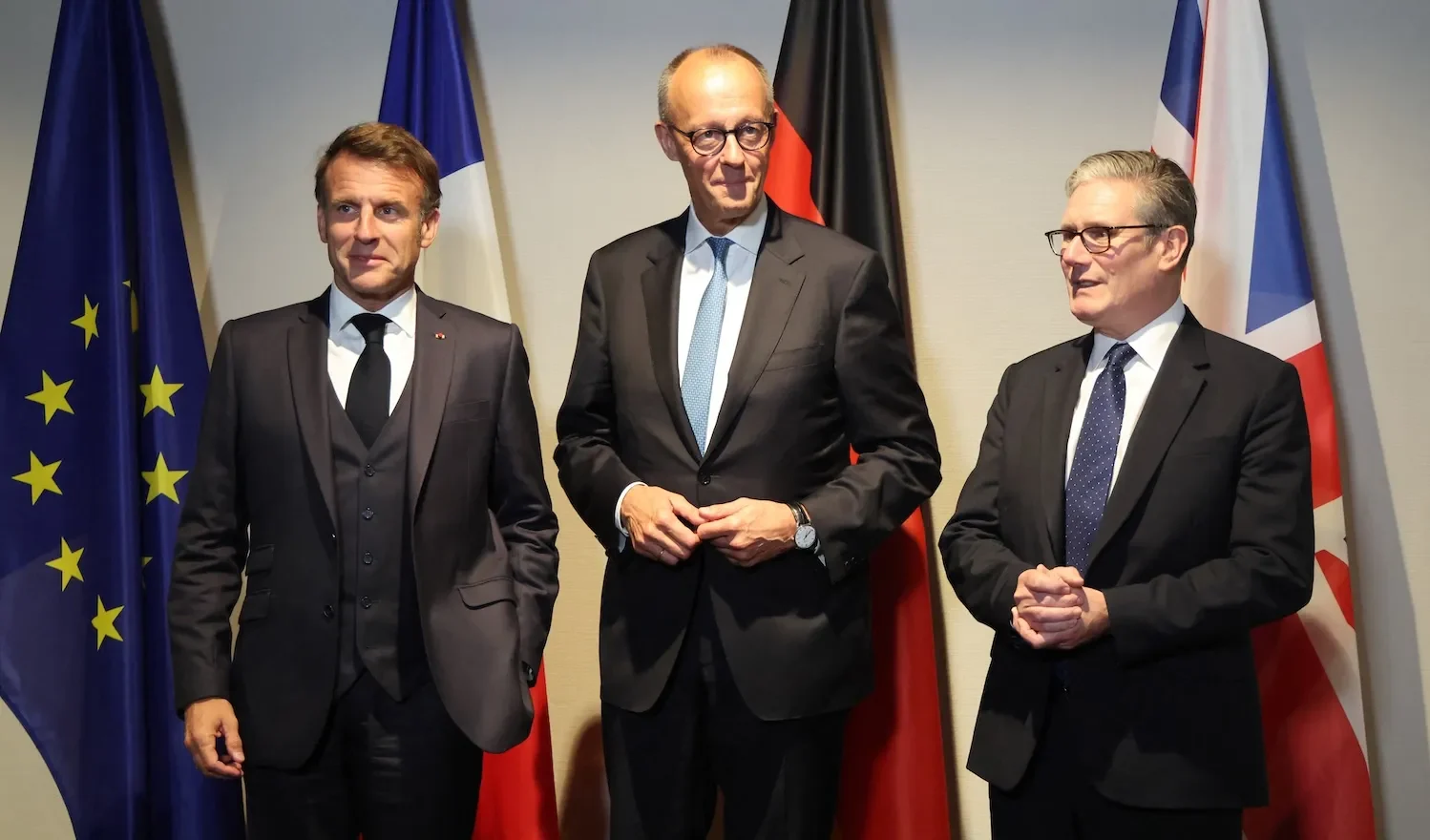In a decisive diplomatic escalation on August 28, the European powers known as the E3—the United Kingdom, France, and Germany—formally activated the so-called “snapback” mechanism, initiating a 30-day countdown to reimpose United Nations sanctions on Iran. The trio sent a letter to the UN Security Council notifying the reinstatement of sanctions that had been suspended under the 2015 nuclear agreement, the Joint Comprehensive Plan of Action (JCPOA).
The E3 justified the move based on what they described as Iran’s significant non-compliance with its JCPOA obligations, including refusal to negotiate renewed terms or grant full access to its nuclear sites. Despite extended diplomatic outreach including recent meetings in Geneva, no substantive commitments were secured from Tehran.
Under UN Security Council Resolution 2231, the snapback mechanism allows sanctions to automatically reinstate if no resolution is passed to maintain the status quo within 30 days. The E3 emphasized that they remain open to renewed diplomacy during this window; but failing that, the sanctions targeting Iran’s financial, defense, hydrocarbons, and banking sectors will be restored.
Iran immediately condemned the move as “unjustified, illegal, and lacking any legal basis,” according to Foreign Minister Abbas Araghchi, who warned of an appropriate response. Tehran also hinted that cooperation with the International Atomic Energy Agency (IAEA) could be disrupted.
The E3 appear to be rushing to lock in the snapback process before the mechanism’s October expiration, after which sanctions reinstatement would require a veto-proof resolution a potentially insurmountable hurdle. The snapback, if fully triggered, would restore UN-wide prohibitions such as arms embargoes, asset freezes, missile restrictions, and limits on nuclear-related trade, significantly deepening Tehran’s diplomatic and economic isolation.





